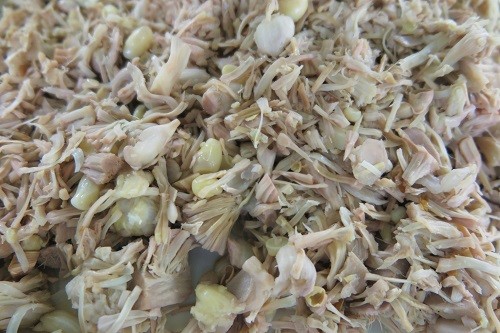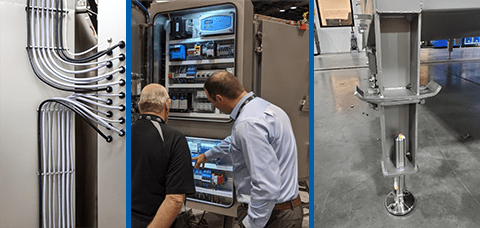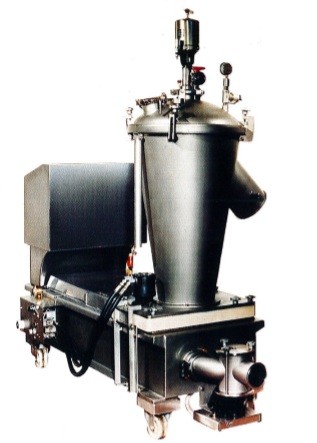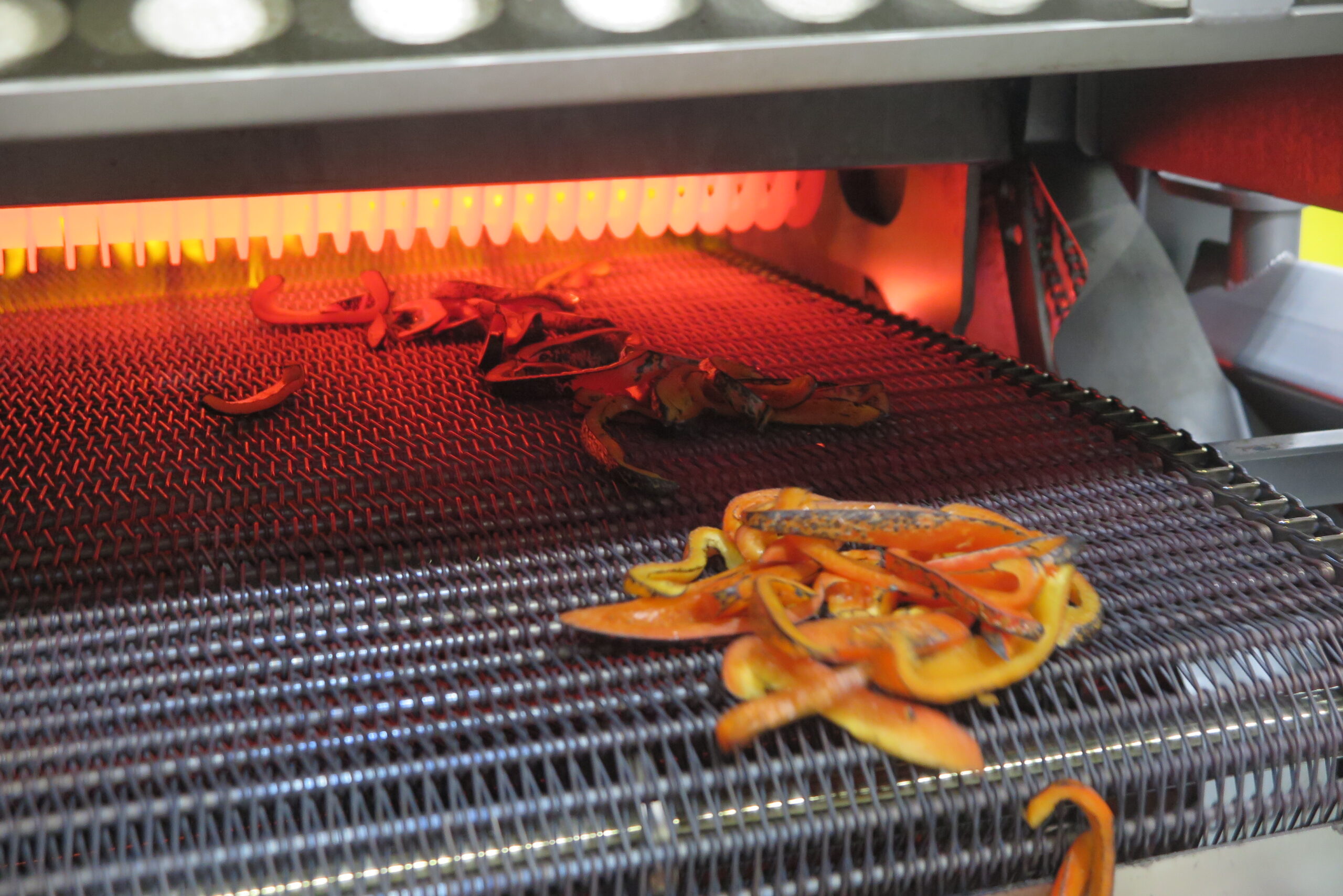The popularity of plant-based diets has been steadily rising in recent years. In 2020, the global plant-based food market was valued at $29.4 billion and is expected to reach $162 billion by 2030. This growth is being driven by a number of factors, such as increasing consumer awareness of the environmental and health benefits of plant-based diets. As the demand for plant-based food products continues to grow, plant-based food processors must carefully consider the type of equipment they need to produce high-quality, consistent products. This article will explore the key factors to consider when acquiring equipment for plant-based food processing.
- Processing Capacity: Scaling up plant-based food production will require determining the processing capacity needed to meet market demands. The volume of ingredients needed, processing time, and packaging requirements are among the factors that will affect whether the equipment can handle the desired production volumes efficiently.
- Food Safety and Hygiene: Maintaining high standards of food safety is paramount in any food processing operation. The equipment should be designed to meet food safety regulations and include easy-to-clean surfaces and removable parts for thorough cleaning and sanitation. Some equipment may feature self-cleaning capabilities and integrated sanitation systems to streamline the hygiene process.
- Versatility and Flexibility: The plant-based food market is diverse, with a wide range of product offerings. Investing in equipment that offers versatility and flexibility is crucial to accommodating different product formulations. Quality equipment can handle various ingredients, textures, and forms, allowing the introduction of new products and adaptation to changing consumer preferences without significant equipment changes.
- Automation and Efficiency: Automation can significantly improve production efficiency and consistency. Automated equipment reduces human error, increases production rates, and ensures uniform product quality. Automated processes can include mixing, blending, extrusion, filling, and packaging.
- Ingredient Preparation: Plant-based food processing often involves preparing ingredients to achieve desired textures and consistencies. Machines such as blenders, mixers, grinders, and mills are essential for breaking down and blending ingredients and handling a wide variety of substances, including nuts, seeds, grains, and vegetables.
- Thermal Processing: Some plant-based foods require thermal processing to enhance flavors, improve texture, and extend shelf life. Equipment such as steamers, ovens, and fryers may be necessary for processes like cooking, baking and frying in order to achieve the desired thermal processing outcomes.
- Packaging and Labeling: Packaging plays a vital role in the presentation, preservation, and branding of plant-based food products. The equipment will need to efficiently package products in a variety of formats, such as pouches, bottles, cans, or trays. Additionally, labeling equipment is essential for compliance with regulatory requirements and providing consumers with accurate product information.
- Maintenance and Support: Regular maintenance and support are critical to keep plant-based food processing equipment running smoothly. It is important for the equipment manufacturer or supplier to provide comprehensive support, including technical assistance, spare parts availability, and training for operators. Regular preventive maintenance will help extend the lifespan of the equipment and minimize downtime.
Careful consideration of equipment needs is vital for successful plant-based food processing operations. By investing in the right equipment, food companies can meet the growing demand for plant-based foods and contribute to a sustainable and healthier food future. Please contact Marlen at (800) 862-7536 for your food processing equipment needs.

















